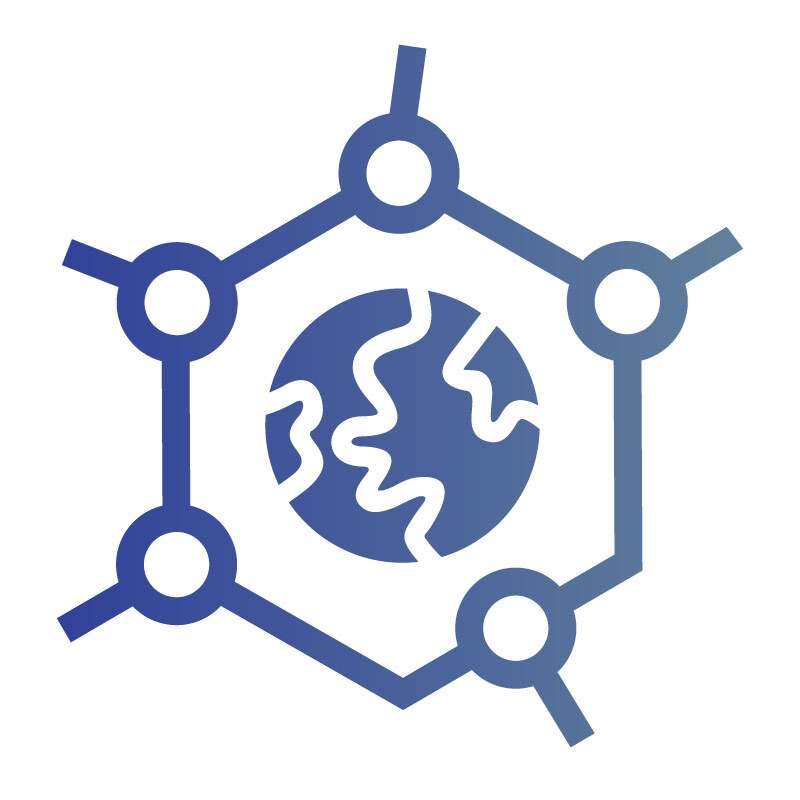The document consists of several sections.
In the international section, the position of international organizations and their recommendations on the decriminalization of the possession of psychoactive substances for personal consumption without the intent of distribution is outlined. The inconsistency of Belarusian drug policy with international legal norms in this sphere is also noted.
In the legal section, statistics on the number of individuals convicted under articles related to the trafficking of psychoactive substances for the years 2015-2020 are provided. The indiscriminate nature of Belarus’ drug policy is demonstrated through numerous real court cases where both minors and adult offenders, as well as ordinary consumers, receive equally lengthy sentences. The authors recommend making amendments to the Criminal Code, differentiating punishments based on various factors, removing liability from consumers, and creating a system that does not systematically violate human rights.
In the criminal procedure section, issues related to the examination of evidence in courts under articles 327-332 of the Criminal Code are highlighted. Examples of court practices without sufficient evidence are given. The authors recommend changing the existing practice of unjustified qualification of actions in the field of illegal drug trafficking.
In the economic section, an analysis is presented showing that despite a targeted and repressive fight against psychoactive substances, demand and supply in the controlled substances market have not decreased but have even increased over the past 5 years. Figures are also disclosed on the cost of Belarus’ criminal drug policy, which burdens law enforcement and judicial systems without delivering the desired results. The authors recommend publishing crime statistics related to controlled substances openly and considering alternative approaches to save budgetary resources and improve citizens’ well-being. Additionally, studying the economic potential of legalizing certain substances, especially cannabis, is recommended.
The section dedicated to the medical use of psychoactive substances discusses recommendations for the medical use of cannabinoids, ketamine, MDMA, and psilocybin. Aspects of medical practice are revealed, and a series of measures to improve the situation with opioid substitution therapy are outlined.
In the education section, the most relevant principles and approaches in the field of education on psychoactive substances are presented, both for youth in educational institutions and for government officials making decisions. It is recommended to build an education system based on objective and scientific data, without misinformation, intimidation, imposition of a specific choice, and hiding real risks. Education in the field of psychoactive substances should have a humanistic character, prioritize human rights, consider individuals’ personal choices, and use respectful, inclusive language.
«The presented statistical data, numerous examples of erroneous law enforcement practices, and the description of the experience of European countries objectively testify to the ineffectiveness of the excessively rigid and, at the same time, unbalanced policies pursued by the authorities of Belarus. A broad segment of the young population of our country falls victim to this policy», comments Lyudmila Kazak, former lawyer of Maria Kolesnikova and co-author of the study.
«A democratic and free Belarus is not a question of who will be the president or which geopolitical union we belong to. It is about people, preserving their rights and freedoms, including the use of psychoactive substances. Criminalization is not only an inhumane practice but also an ineffective, archaic one that exacerbates problems», says Danila Lavretsky, author of the economic section of the study and a member of the Youth Block Council.
«This is the first such work in the field of drug policy in Belarus. The document provides a comprehensive analysis of its detrimental consequences and, based on global experience, demonstrates ways to reform it towards the preservation of human rights and solving problems related to the use of psychoactive substances. The recommendations in the document serve as a guide for action for politicians, government agencies, and professionals whose work is related to psychoactive substances», says Stanislav Shashok, activist of Legalize Belarus and author of the legal section of the study.
«This document reflects the most pressing contradictions of Belarusian drug policy. It raises issues faced by consumers of psychoactive substances, healthcare professionals, human rights defenders, and social workers. Possible solutions to these problems are outlined», commented Mikhail Vorantsov, activist of the Legalize Belarus and co-author of the article.
